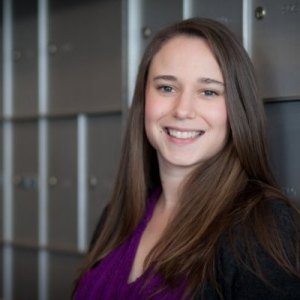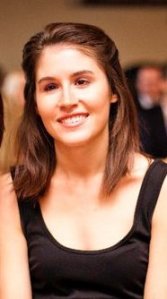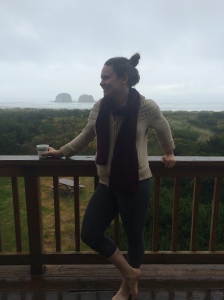According a Brookings Institute analysis of the most recent census data, 30% of working-age immigrants have at least a bachelor degree. This is a significant jump from the 19% of highly educated immigrants in 1980. While this statistic is a snapshot of all immigrants in the US, the trend is also reflective of refugee populations in the Puget Sound region, especially since the US started resettling refugees from Iraq. It is likely that we will continue to see this trend as we start resettling more refugees from Syria in the coming years as well. Yet, most refugee resettlement agencies have had difficulty finding the advancement opportunities that these highly educated individuals seek. The reason for this is that most agencies are structured and funded to find entry-level employment opportunities quickly. This is where capacity building becomes important.
As an AmeriCorps Vista I have been working with Jewish Family Service in order to build their capacity to meet the specific needs of refugee professionals. JFS had been dreaming about creating Tatweer – a mentor program for highly skilled refugees – for over a year before I came on-board. The groundwork had been laid, but designing a program to build around mentorship was a challenge all its own. The first step was a needs assessment. I facilitated one-on-one interviews and small focus groups with over a dozen highly skilled refugees and asked them a series of questions.
How difficult has it been for you to find work?
What services do you wish were available to you?
What do you feel are the biggest barriers to reentering your field of expertise?
What I learned from these meetings helped me to design Tatweer in a way that addressed their main concerns.
Building Tatweer from the ground up has been an exhilarating process. With each step the focus has had to shift from one outcome to the next and each moving target comes with its own unique challenges. For instance, the initial program design, participant recruiting, and curriculum development phase, begot the new process of program implementation and two long months of mentor recruiting. On top of all this there are constant behind the scenes tasks like the creation and upkeep of tracking systems, copy writing for and design of flyers and websites, and building connections within the community. I bet you can gather from this list that I am slowly becoming an expert juggler. Throughout this process I have learned that collaboration and relationship building are key to getting anything done.
Today the Tatweer program is serving our first cohort of 10 clients with professional backgrounds in mechanical engineering, civil engineering, dentistry public relations, human resources, business administration and IT. Each field has its own barriers to entry and each participant a personal guide to industry integration in the form of a mentor. Participants are working on building their professional tools like resume, LinkedIn profiles, and cover letters. They are also working on expanding their professional networks with the help of their mentors. The Tatweer program is just about half way through the pilot round and our goal is to provide participants with the tools to start rebuilding their professional careers by the time they have completed the program in December.









